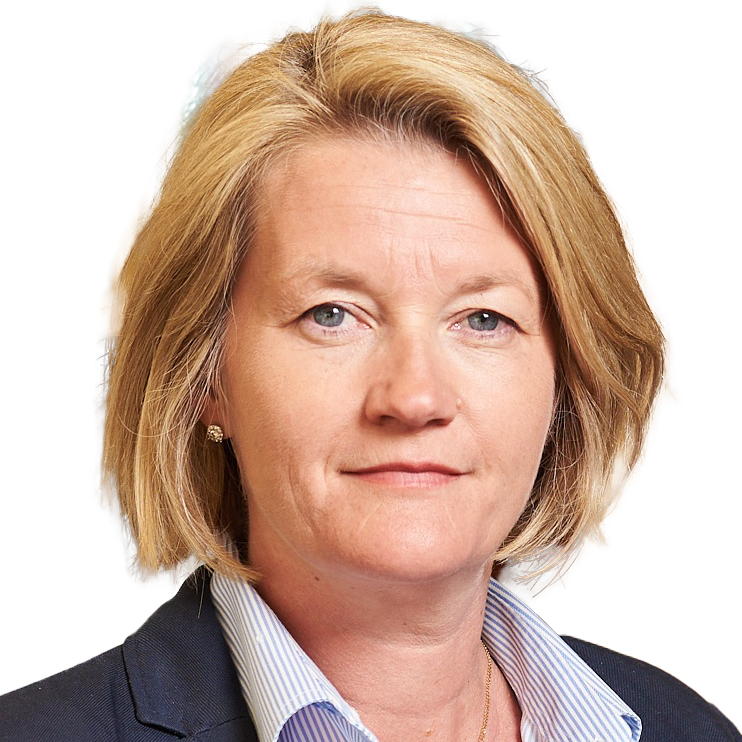Dr Lucy Mackillop FRCP, consultant obstetric physician, reflects on the inequalities experienced during pregnancy in medical research, mortality and healthcare.
Pregnancy is a time of profound physiological change, yet women and people who are pregnant or breastfeeding remain one of the most underrepresented groups in medical research. This exclusion has led to gaps in evidence, fragmented health policies and inequitable outcomes, especially for those from marginalised communities.
Despite the widespread use of medications during pregnancy (over 80% of pregnant women and pregnant people take prescription drugs, excluding vitamins), most medicines have not been adequately tested for safety or efficacy in this population. The result? Pregnant women and pregnant people are often advised to stop taking necessary medications due to unknown fetal risks, while the risks to their own health go unmeasured and unaddressed. The fetal risks associated with maternal disease are sometimes not fully recognised, and undertreatment during pregnancy can lead to adverse fetal outcomes such as pre-term birth or growth restriction.
The recent claim by the US administration is an example of this. Pregnant women and pregnant people were warned against taking paracetamol because of unproven links between the drug and autism spectrum disorders in children, yet we know that untreated fever and pain during pregnancy carry risks that must not be overlooked. There is no evidence that taking paracetamol during pregnancy causes autism in children, and paracetamol is still recommended as the first-choice pain reliever during pregnancy.
The misinformation from the US administration – an authoritative source – concerns me, as does the lack of safety evidence for most drugs in pregnancy.
A global analysis by the WHO’s Global Observatory on Health Research and Development revealed that only 4% of clinical trials over the past decade included pregnant women. As a result, many are left without treatment options or take prescription medicines off-label, without robust data to guide safe use.
This isn’t just a scientific oversight; it’s a human rights issue. Pregnant women and pregnant people deserve the same access to effective, evidence-based treatments as anyone else. Yet the lack of inclusion in trials means they are routinely denied that right.
Maternal mortality and inequality
Inequality is also visible in maternal mortality statistics. According to MBRRACE-UK data published on 11 September 2025, maternal deaths in the UK have steadily increased since 2012. Two-thirds of those who died had an underlying medical condition (excluding obesity), and most died from non-obstetric causes, conditions that could potentially be managed with appropriate medical care.
But the data also reveal stark inequalities:
- Black people face more than double the risk of maternal death compared to White people
- Pregnant women in the most deprived areas of England have nearly twice the mortality rate compared to those in the least deprived areas.
These disparities are multifactorial, rooted in social determinants, systemic bias and unequal access to care. But they must be acknowledged and addressed across all areas of medicine, including the physician community, and not just obstetrics and gynaecology, as most pregnant women and pregnant people who die in the UK die of a non-obstetric cause.
To improve outcomes, we must include women and people who are pregnant or breastfeeding in clinical trials and ensure representation across diverse demographic groups. Encouragingly, the European Medicines Agency is preparing to publish guidelines on the inclusion of pregnant and breastfeeding individuals in clinical trials, a long-overdue step toward equity.
But inclusion alone isn’t enough. We also need:
- real-world evidence from pharmacovigilance registries
- balanced risk-benefit analyses in prescribing decisions
- greater awareness among all healthcare professionals, not just obstetricians.
Pregnant women and pregnant people deserve treatments that are not only safe for their babies but also protective of their own health. That means moving beyond a focus on embryo or fetotoxicity in treatment decisions to recognising the full spectrum of risks and needs.
The lack of research, the rise in maternal deaths, and the persistent inequalities in outcomes all point to one truth: we are failing pregnant women and pregnant people, especially those from marginalised communities.
Improving maternal health isn’t just about better science. It’s about equity, inclusion and respect. And it starts with recognising that pregnant women and pregnant people have the same right to safe, effective healthcare as anyone else.
Dr Lucy Mackillop is chair of the Joint Committee for Obstetric Medicine and president of the MacDonald Obstetric Medicine Society, as well as a fellow of the Royal College of Obstetricians & Gynaecologists.
Are you a resident doctor interested in obstetric medicine? The RCP credential in obstetric medicine, which leads to a Professional Diploma in Obstetric Medicine, has been designed for resident doctors in the UK with an interest in this specialist area. Applications for 2026 will open later this year. Find out more.






